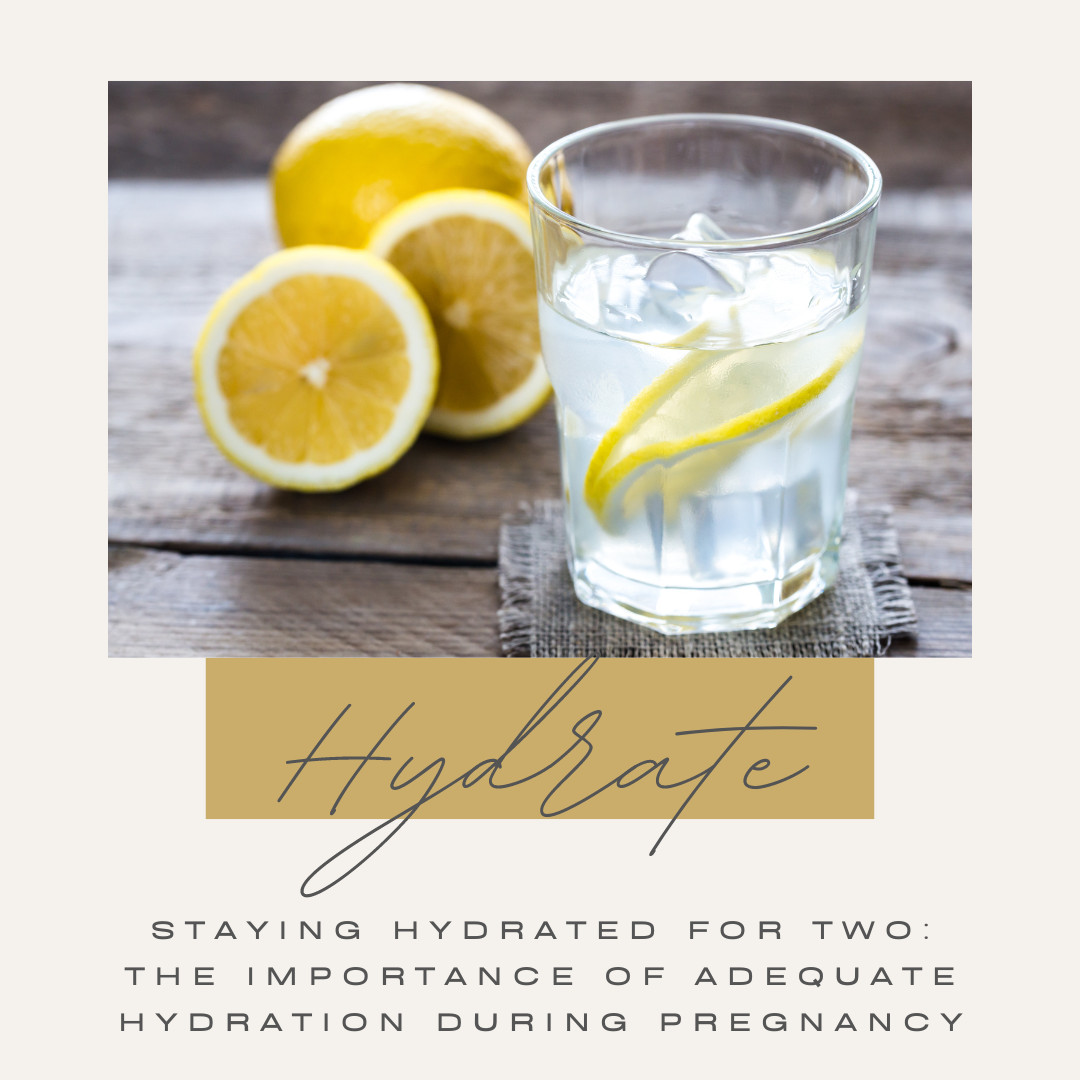
Pregnancy is a time of profound physical changes as your body works hard to support the growth and development of your baby. One often-overlooked aspect of prenatal health is hydration. Staying well-hydrated is crucial for both mother and baby, as water plays a vital role in many bodily functions. Here's why staying hydrated is so important during pregnancy and how you can ensure you're getting enough fluids.
1. Supports Maternal Health:
Water is essential for maintaining healthy blood volume, which is crucial during pregnancy as your blood volume increases to support your growing baby. Staying hydrated can also help prevent common pregnancy issues such as constipation, hemorrhoids, and urinary tract infections.
2. Aids in Fetal Development:
Water plays a critical role in the development of the placenta and amniotic fluid, which surround and protect the baby in the womb. Proper hydration ensures that these fluids are maintained at optimal levels, providing a healthy environment for your baby to grow.
3. Regulates Body Temperature:
During pregnancy, your body temperature is naturally higher due to increased metabolic activity. Staying hydrated helps regulate your body temperature and prevents overheating, which can be dangerous for both you and your baby.
4. Prevents Dehydration and Complications:
Dehydration can lead to a range of complications during pregnancy, including preterm labor, low amniotic fluid levels, and neural tube defects. By staying hydrated, you can reduce the risk of these complications and support a healthy pregnancy.
5. Eases Common Pregnancy Symptoms:
Proper hydration can help alleviate common pregnancy symptoms such as swelling, cramps, and headaches. It can also help maintain healthy skin elasticity, reducing the risk of stretch marks.
Tips for Staying Hydrated:
- Drink plenty of water throughout the day, aiming for half your bodyweight in ounces
- Carry a water bottle with you to remind yourself to drink regularly.
- Include hydrating foods in your diet, such as fruits and vegetables with high water content (e.g., watermelon, cucumbers, oranges).
- Limit caffeine intake, as it can have a diuretic effect and increase the risk of dehydration.
- Pay attention to your body's signals and drink more fluids if you're feeling thirsty or if your urine is dark yellow.
Staying hydrated is essential for a healthy pregnancy. By drinking plenty of water and consuming hydrating foods, you can support your own health and the development of your baby. If you have specific concerns about hydration or fluid intake, consult with your healthcare provider for personalized advice.


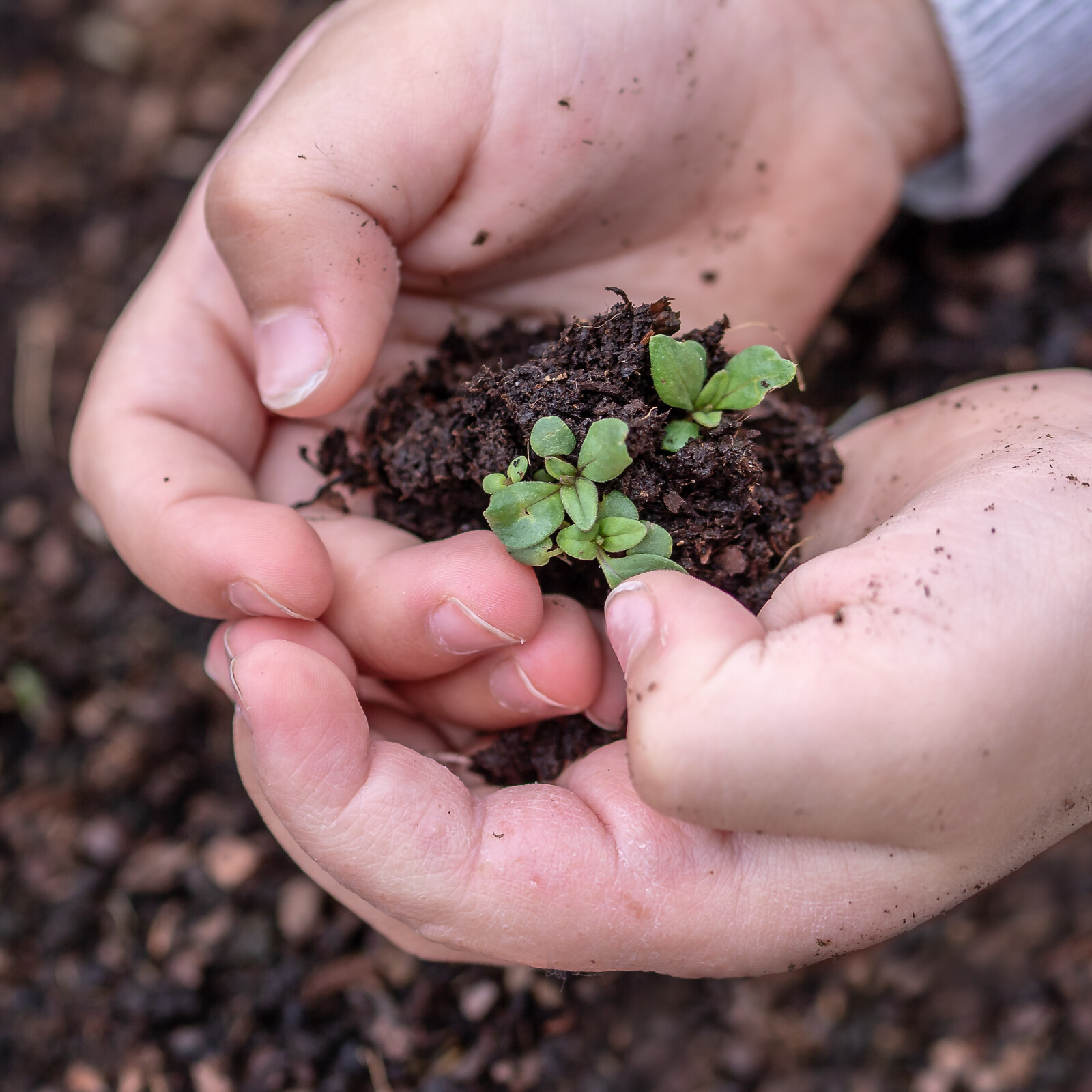

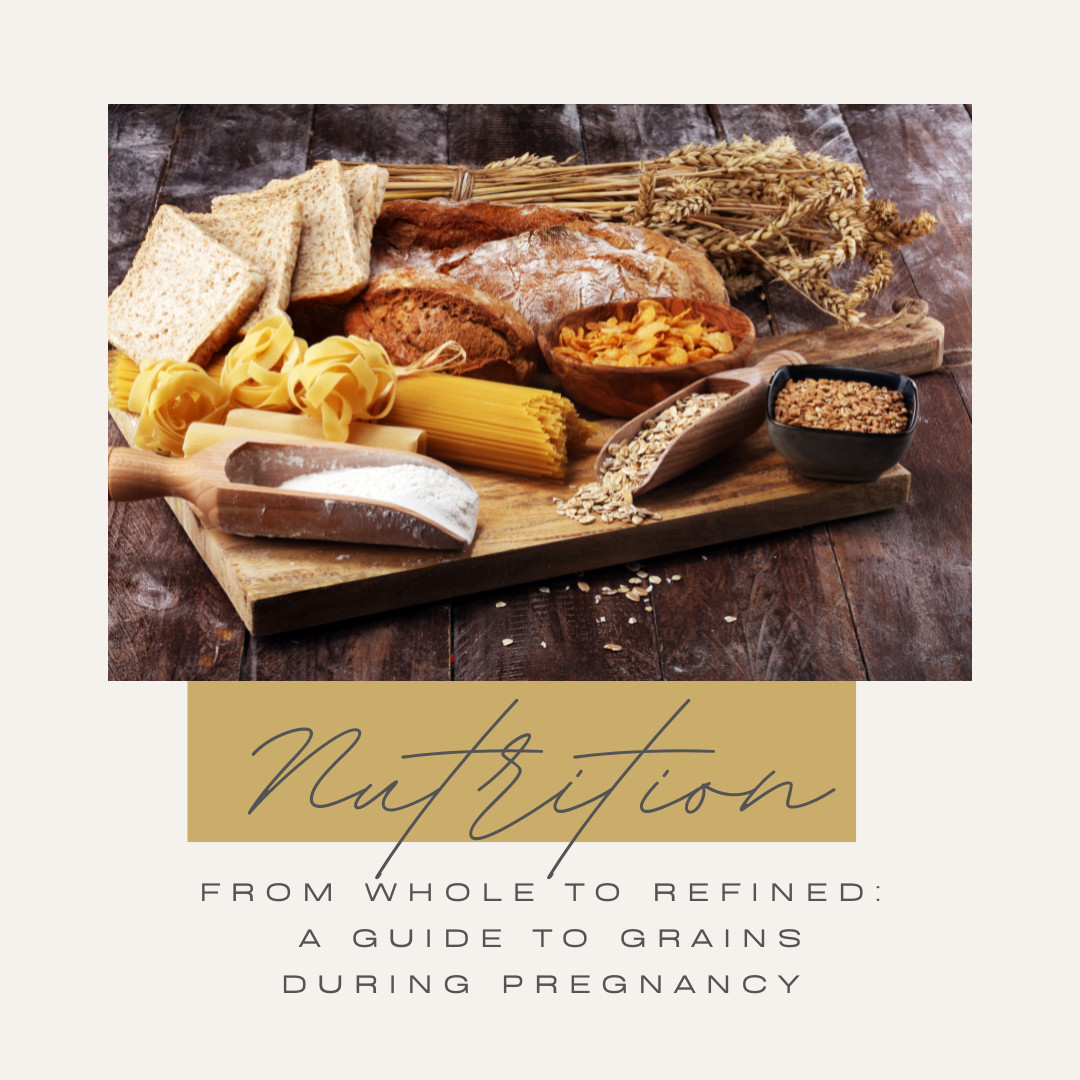



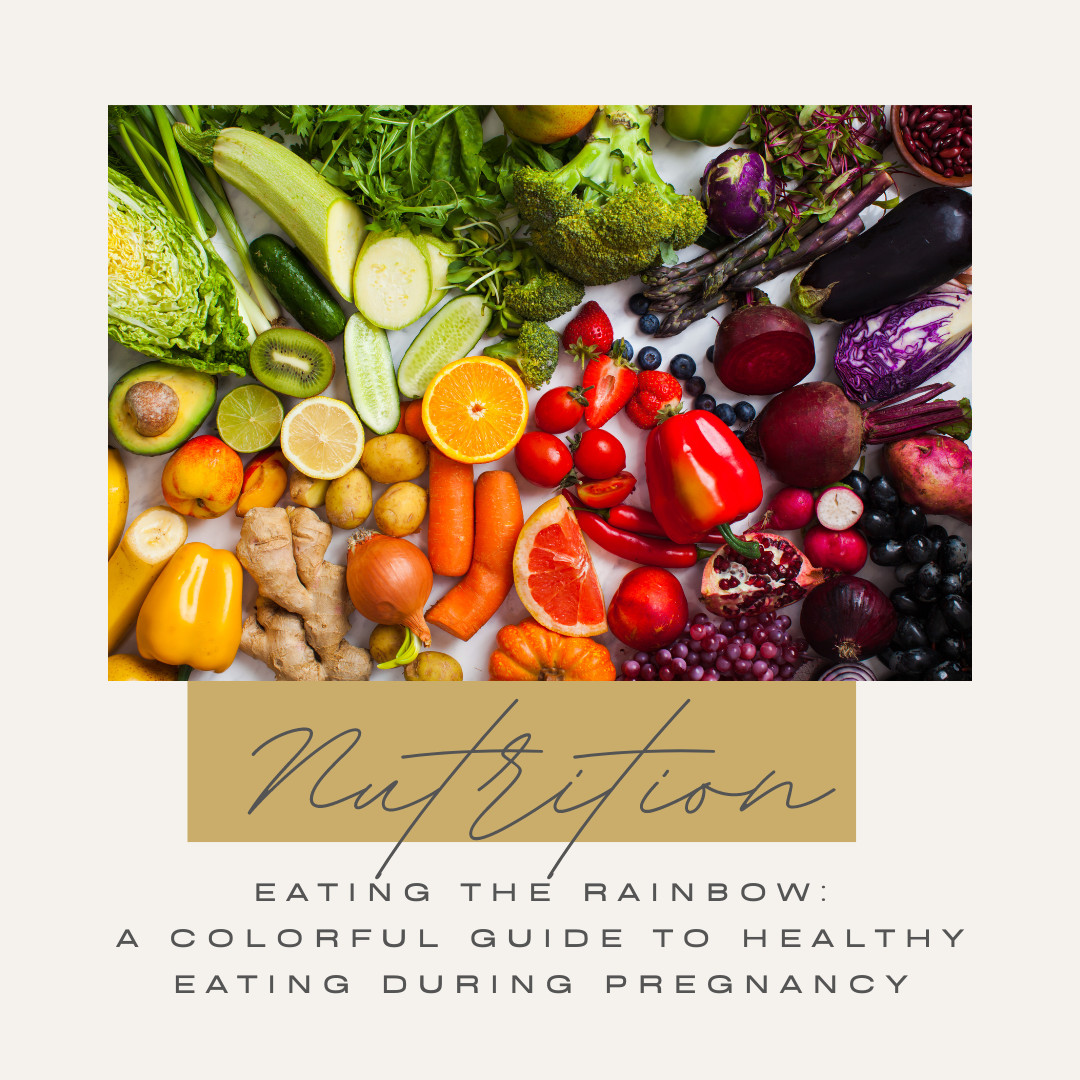
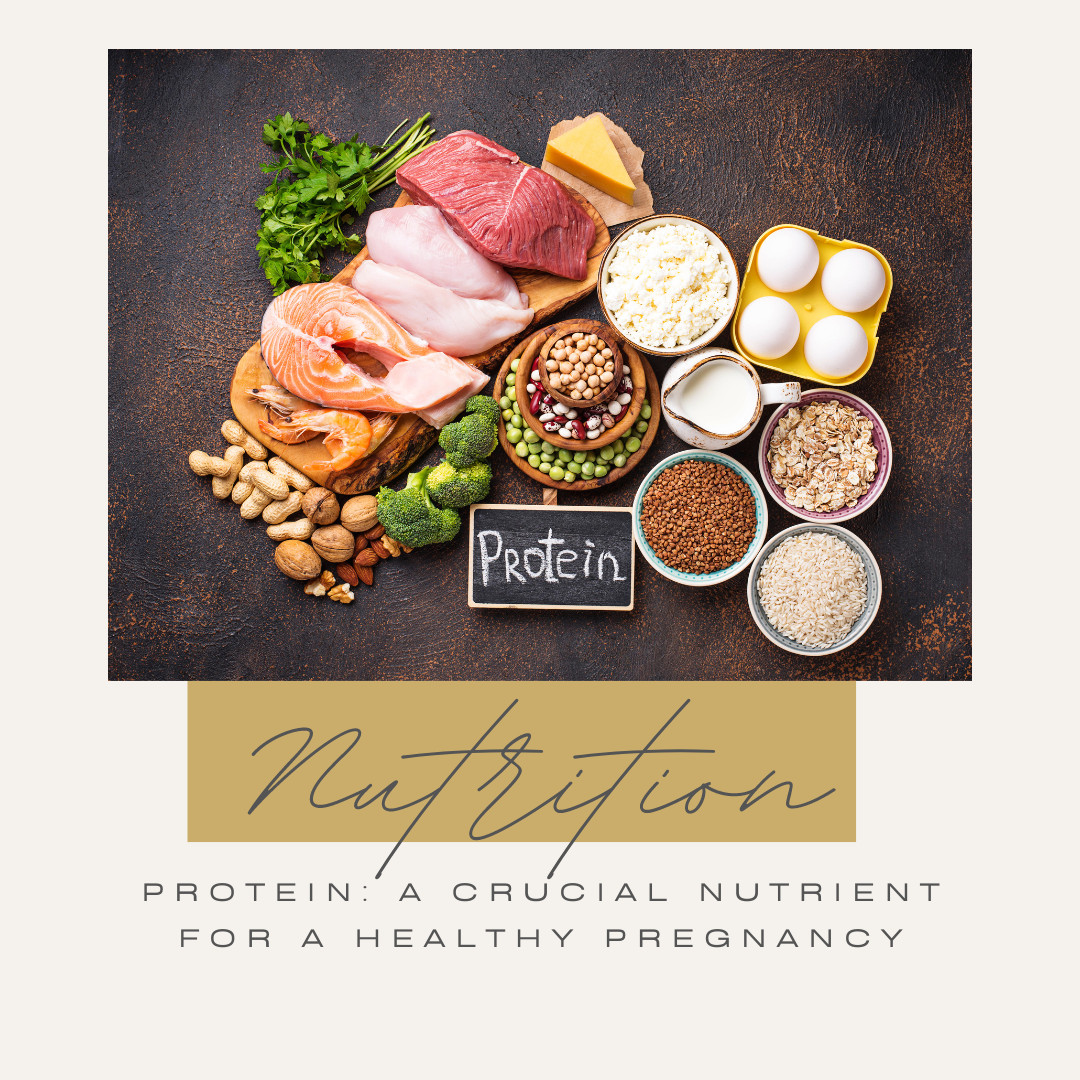
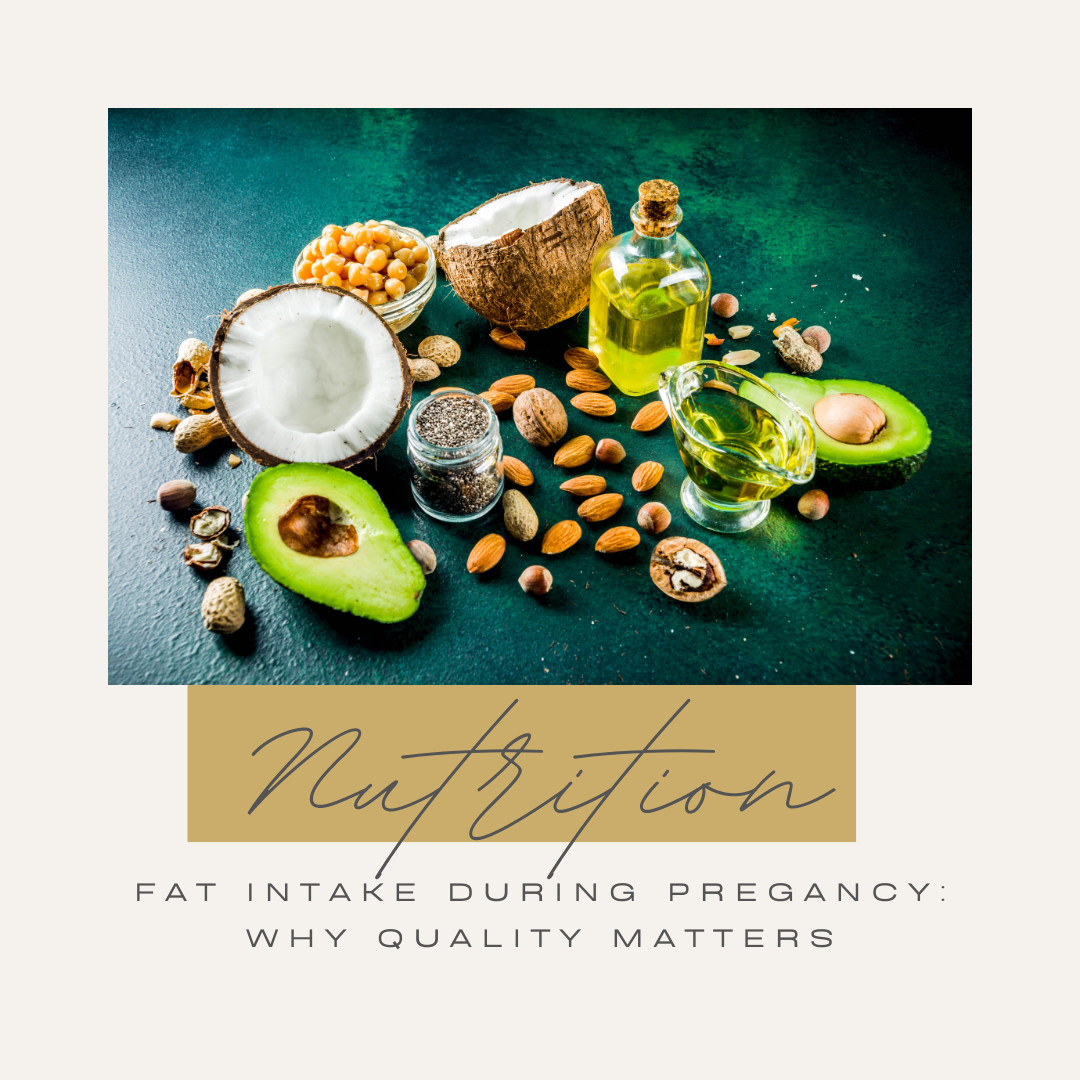
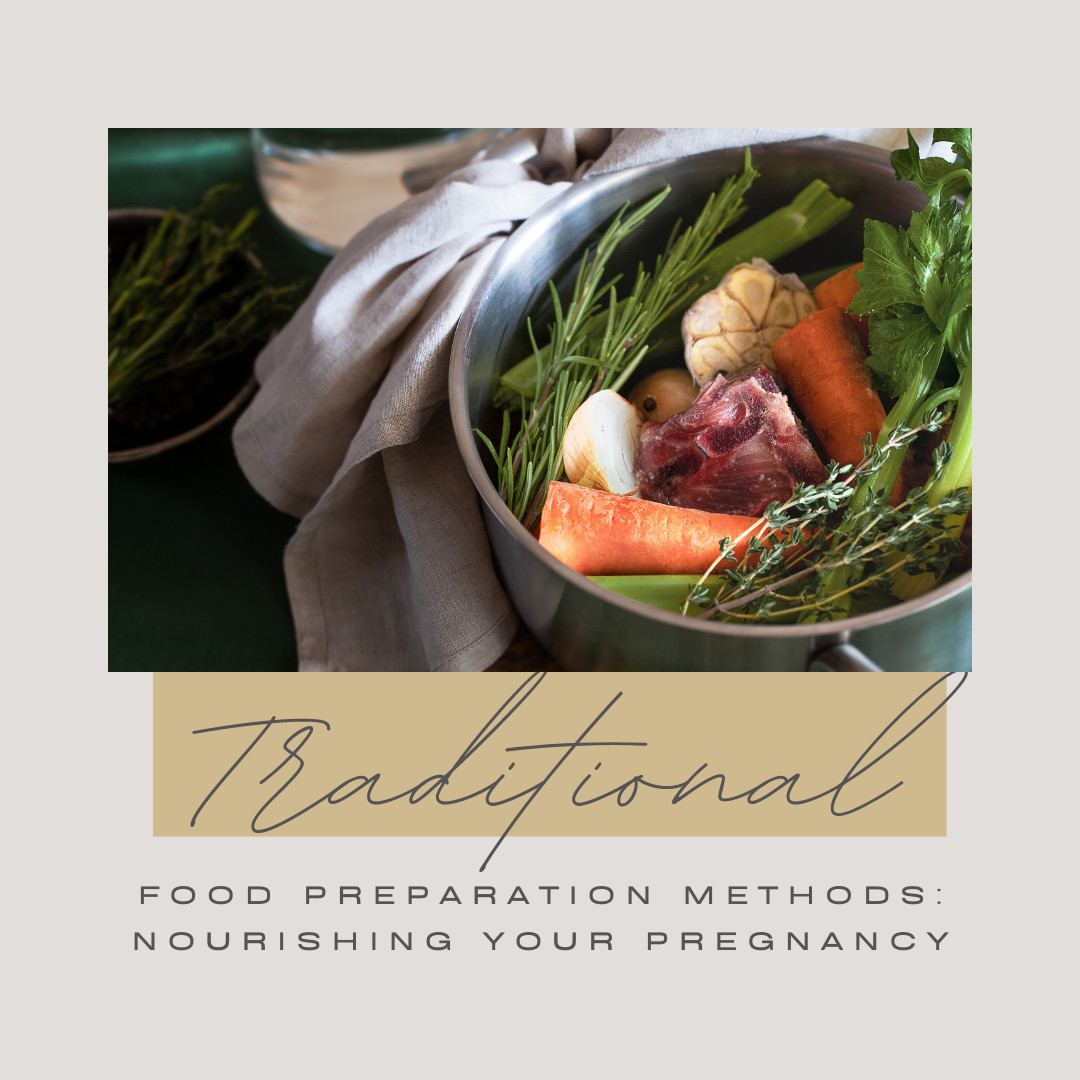
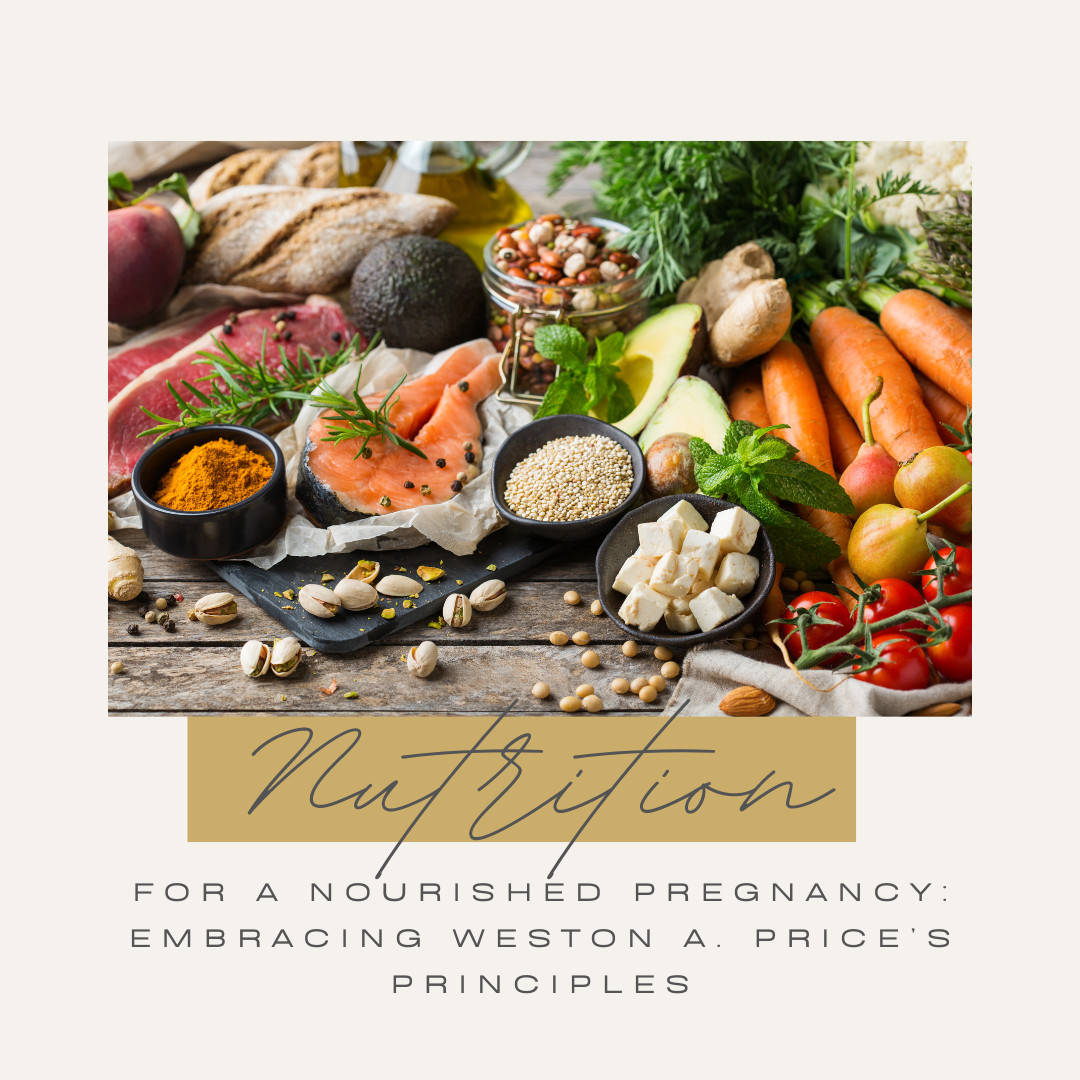

0 Comments